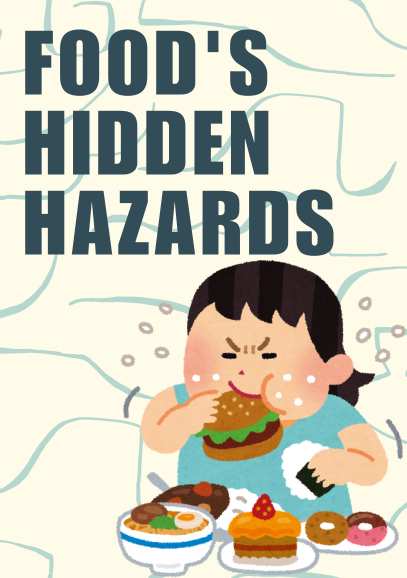BLOGS
GOOD FRIEND: PROTIEN
A constant fear in the mind of everyone these days is that he and his family members are not consuming adequate quantity of protein. Ironically, even those who have protein in excess
are worried about the “shortage” It is, therefore, necessary to discuss the issue threadbare.
The recommended daily allowance (RDA) for protein has drastically downsized. We, however, continue to follow the obsolete recommendations of 40 years ago leading to a sense of complete confusion in general public. Very few know that the US government reduced daily protein consumption in a human from 118 gm in the early 1900s to 46 to 56 gm in the 1980s to the present level of 25 to 35 gm. Many nutritionists in fact, now feel that even 20 gm of protein a day is more than enough, and warn about the potential dangers of consistently consuming much more than this quantity. However, the protein obsession continues unabated with the masses. They rely on dubious research financed completely by dairy and meat industries blatantly elevating levels of protein needed to dangerous proportions. It’s alarming to see so many people still relying on such insufficient and outdated information. It is now an accepted fact that we require 0.8 gm of protein per kg of body weight. That means that somebody weighing 100 kg will require 80 gm of protein while somebody tipping the scale at 75 kg will require 60 gm. This excessive figure is for only those people who engage in exceptional physical activity- approximately two hours of puffing and panting in the gym or some other vigorous exercises. The ground reality is that only a handful of people engage in that kind of regimen on a regular basis. As a result, an average 75-kg male who exercises daily will find it hard to digest even 50 gm of protein. Females will struggle with even 40. For a person engaged in a sedentary job, the requirement could be as low as 25 to 30 gm per day Protein is like a building block. We need a substantial

Unveiling Food's Hidden Hazards
It is pure trickery, achieved through the addition of a mind- boggling array of chemicals into every item, which ensures that it looks attractive, tastes better, and lasts longer. Unfortunately, it is the consumer who does not last long. Even if he does, it is by paying a considerable price in terms of aches, pains, and diseases. These chemical-laced items affect us in four ways:
1. By weakening the immune system: Chemicals suppress the production of new cells in our body that fight off bacteria As if that is not bad enough, high chemical levels increase the amount of free radicals due to which our body starts to use up its stores of nutrients like vitamins A, C and E, thus depleting the body’s immune system.
2. By causing chronic fatigue: Toxic chemicals destroy the ATPase enzymes in the muscles that convert food into energy, and thus reduce our ability to produce energy. Our and other nervous disorders muscles start to ache, leading to chronic fatigue syndrome
3. By promoting weight gain: Even though most synthetic chemicals originate from the same building blocks as natural substances like carbon and hydrogen, but their properties are different. As a result, our bodies do not even recognize them, let alone break them down. Over the years, these toxins accumulate and are stored as fats. Our natural weight control mechanism goes haywire when we have too many chemicals in the body. These toxins reduce the levels of adrenalin and dopamine, the hormones that allow our body to burn up fat, switch on appetite control, and raise our desire to exercise. Our hunger goes haywire while the motivation to do exercise dies down, forcing us to put on weight.
4. By increasing the chance of developing cancer: Our body has natural estrogen, which plays a crucial role in keeping blood vessels elastic, regulating the reproductive cycle, increasing cholesterol, and strengthening bones by absorbing calcium from the blood. However, chemicals mimic the real estrogen and wreak havoc in the cells. The body is unable to break down the chemical estrogen and this speeds up the growth and multiplication of cancer cells. Too much estrogen in the body sometimes leads to breast cancer

